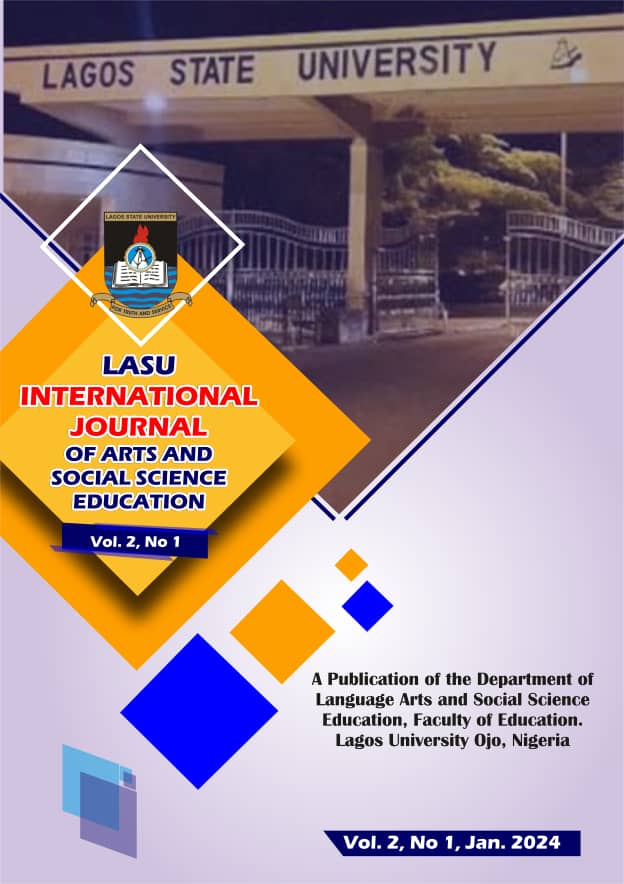This study investigates the perception of Nigerian Christian religious students on the impact of online loans on mental health. University students in Nigeria face financial hardship due to economic constraints, leading some to seek online loans, which can have devastating consequences on mental health. A mixed-methods approach was employed, using surveys and interviews to collect data from 53 Christian religious students in Lagos, Nigeria. The study found that younger students were more likely to use online loans, and 90% of respondents were concerned about the impact of online loans on mental health. Respondents reported feeling stressed, anxious, and fearful due to online loan debt. This study highlights the need for universities and policymakers to address the financial struggles of students and provide alternative financial assistance options. The findings also emphasize the importance of financial literacy and responsible lending practices to mitigate the negative impact of online loans on mental health. Universities should provide financial counseling and support services to students, and policymakers should regulate online lending practices to protect vulnerable borrowers. Future research should explore the development of financial literacy programmes and alternative financial assistance options for university students. This study contributes to the understanding of the impact of online loans on mental health among Nigerian university students, highlighting the need for proactive measures to address financial struggles and promote responsible lending practices.









